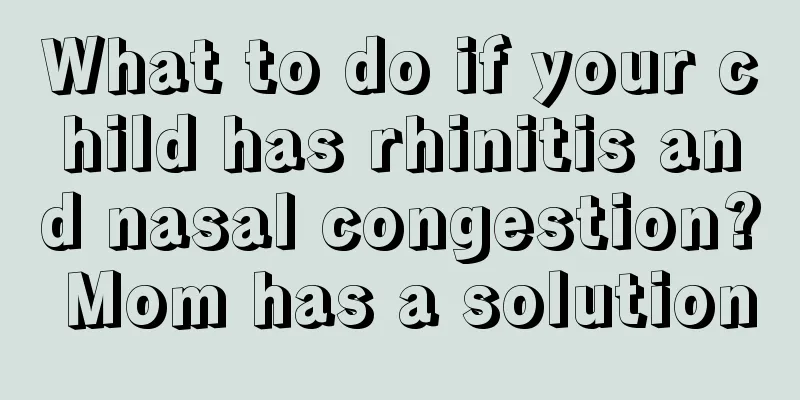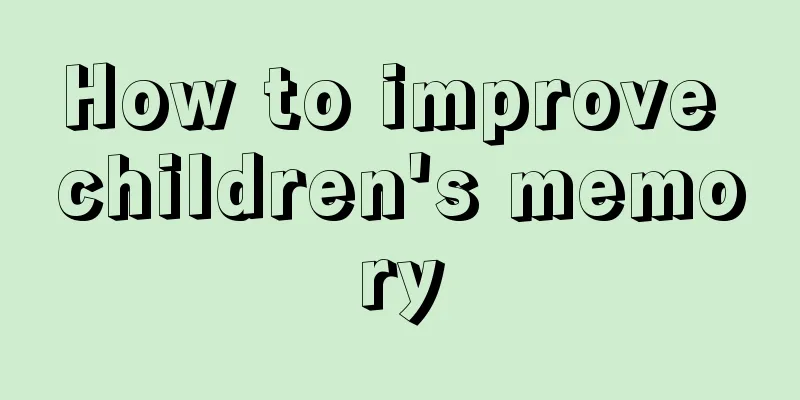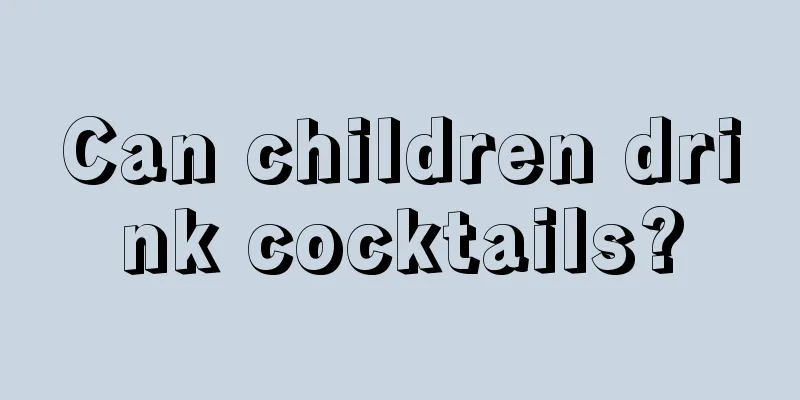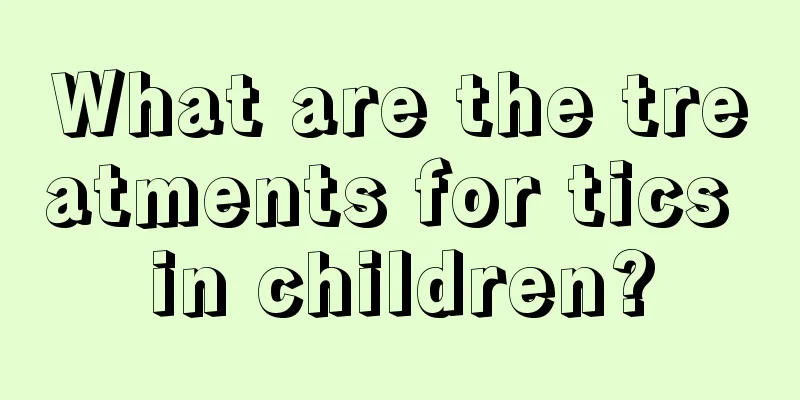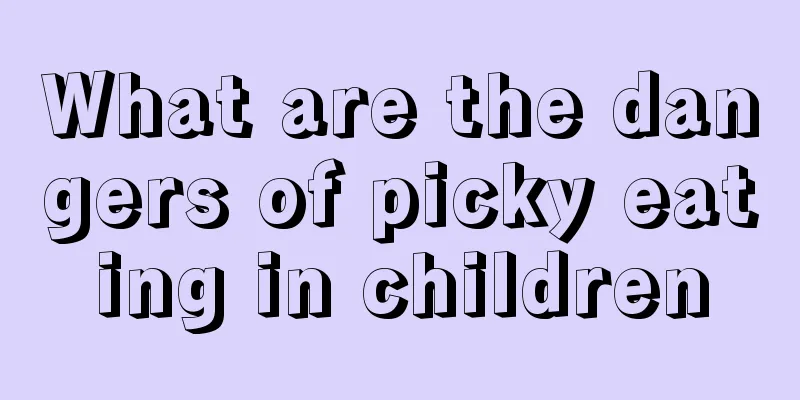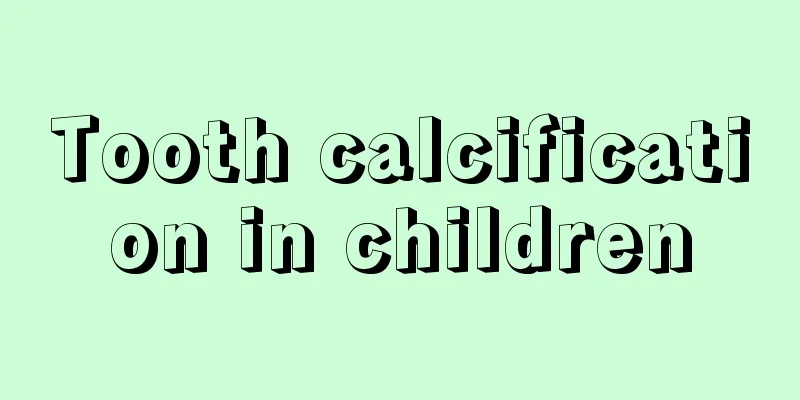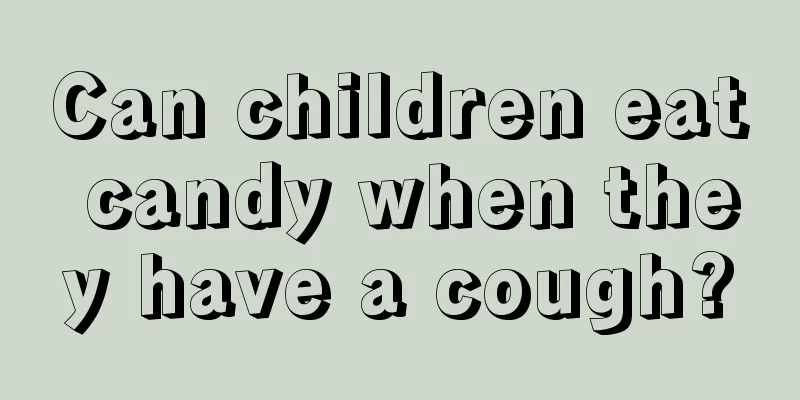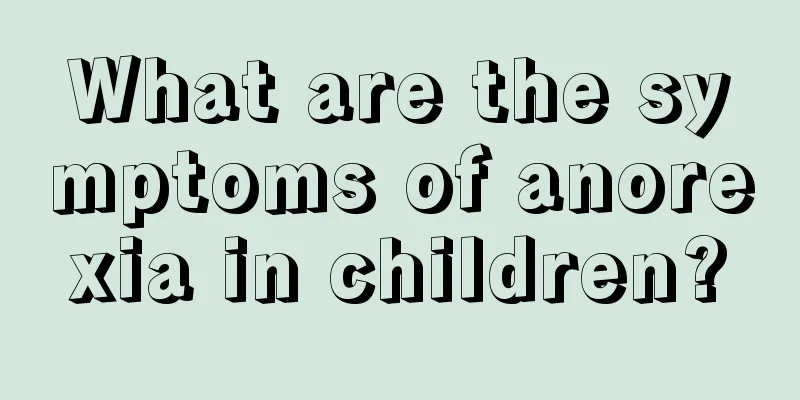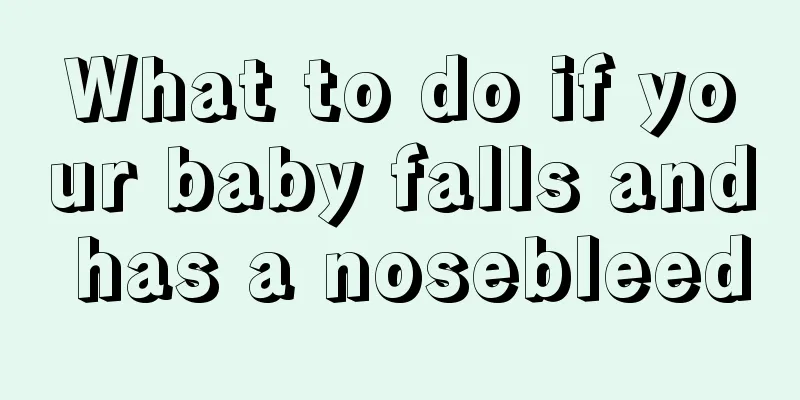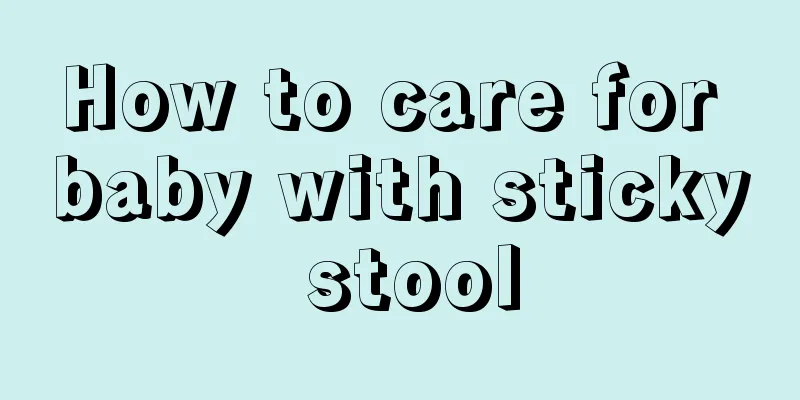What happens when a child has a fever and convulsions?
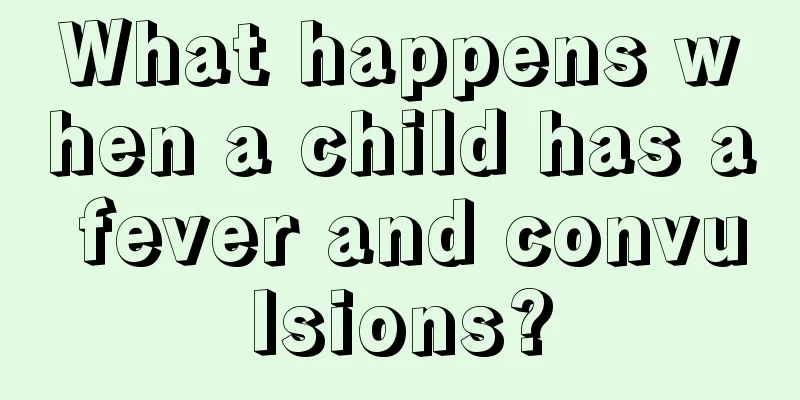
|
Whenever there is a hidden danger to the child's health, the family members should not take it lightly. So what happens when a child has a fever and convulsions? Fever is a common phenomenon. After all, children are still young and their immunity is too poor, so they are easily invaded by various germs or viruses. However, if the fever cannot be reduced in time after it occurs, it is still very easy to induce febrile convulsions in the high fever state, so you must be vigilant. Convulsion is actually commonly known as "seizure", which is a common emergency in children. Febrile convulsions often occur in children under 3 years old, especially in children under 1 year old. This is mainly because the cerebral cortex of children is not mature enough and the nervous tissue is not fully developed. Therefore, when the body temperature is too high, the baby will have twitching of the face and limbs, accompanied by staring or turning up eyes, pale face, clenched teeth, and unresponsiveness to calls. Some children may have incontinence. The symptoms of this type of convulsion look scary, and the attack is usually short-lived, generally lasting only a few seconds to a few minutes. After the convulsion stops, the baby's mental behavior quickly returns to normal. However, since repeated convulsions can damage brain tissue and affect the healthy growth of children, they should be avoided as much as possible. To prevent febrile convulsions, you must first pay attention to controlling your body temperature. The most taboo is to wrap yourself too much to help "sweating" when you have a high fever. Children with a history of febrile convulsions must use antipyretics in time if they develop a high fever, and then be sent to the hospital for medical treatment to avoid convulsions on the way. If the baby has already had convulsions, parents should immediately lay the child flat on the bed, unbutton the collar, turn the head to one side, remove food and mucus in the mouth to prevent blockage of the respiratory tract; at the same time, press the Ren Zhong point (1/3 from the nose to the upper lip) with fingers until the child wakes up; place pads between the teeth to prevent tongue bites. If your teeth are clenched, do not pry them open with force to avoid damaging your teeth, while keeping your airway open. It is best to wait until the shock is over before going to the hospital for treatment, and closely observe the child's condition on the way to the hospital. Babies who have recurrent convulsions, especially those whose high-febrile convulsions turn into afebrile convulsions, should also go to the hospital for detailed examination and necessary treatment. Everyone knows what happens when children have convulsions due to fever. Children’s illness is the biggest worry for families, but once they fall ill, they must be treated as soon as possible without delay. Moreover, during a febrile seizure, correct first aid methods must be used to help children overcome the difficulties and avoid life-threatening situations. |
<<: What should I do if my child has diarrhea after having a fever?
>>: What causes fever and convulsions in children?
Recommend
Is hand, foot and mouth disease contagious to adults? Let the doctor tell you
We rarely hear of or see adults suffering from ha...
What should I do if my baby's throat is a little red?
The baby's throat is a little red, which is a...
White spots on baby's head
The physical health of the baby is very important...
Symptoms of hand, foot and mouth disease in children
Hand, foot and mouth disease is a very common dis...
What causes children to sweat easily?
Many children are full of energy and like to run ...
What should I do if my baby’s urine turns yellow after drinking milk powder?
For some mothers who really have no milk, if they...
What causes scabs on newborn's head?
The birth of a new life brings joy to the whole f...
Red pimples on the child's legs are itchy
Many parents will find that their children have r...
What should I do if my child has tonsillitis?
Tonsillitis in children is a common disease in ch...
What complementary foods are available for babies aged 6 and a half months?
For many mothers, the baby's health is someth...
Neonatal jaundice19
Jaundice is a common disease in daily life, which...
How to use medicine correctly for baby eczema
Infant eczema affects the baby's daily life, ...
What medicine should children take for bacterial infection
Children’s health is what parents care about most...
What causes poor sleep in primary school students?
Poor sleep is a very common condition. Insomnia, ...
What to do if a child has pneumonia and a high fever
Many parents are very concerned about their child...
